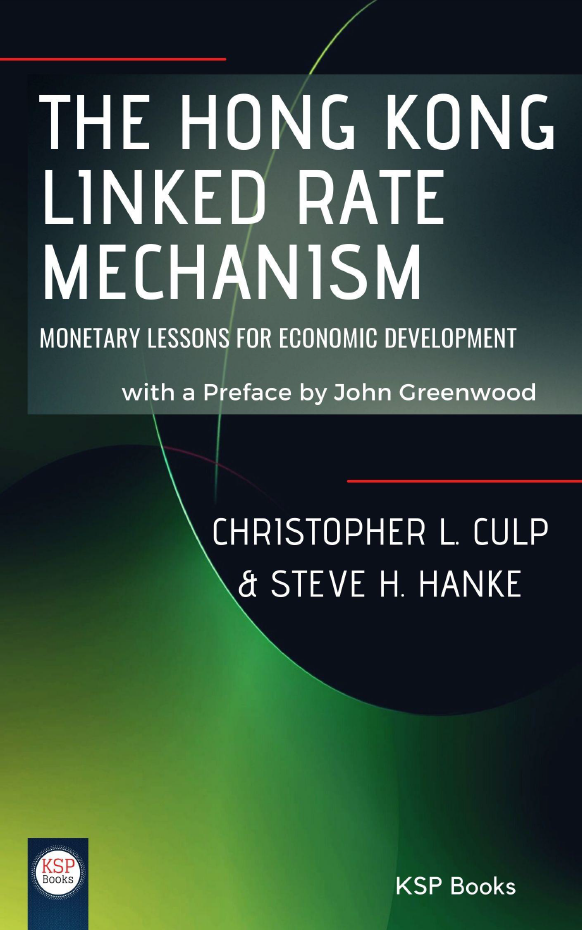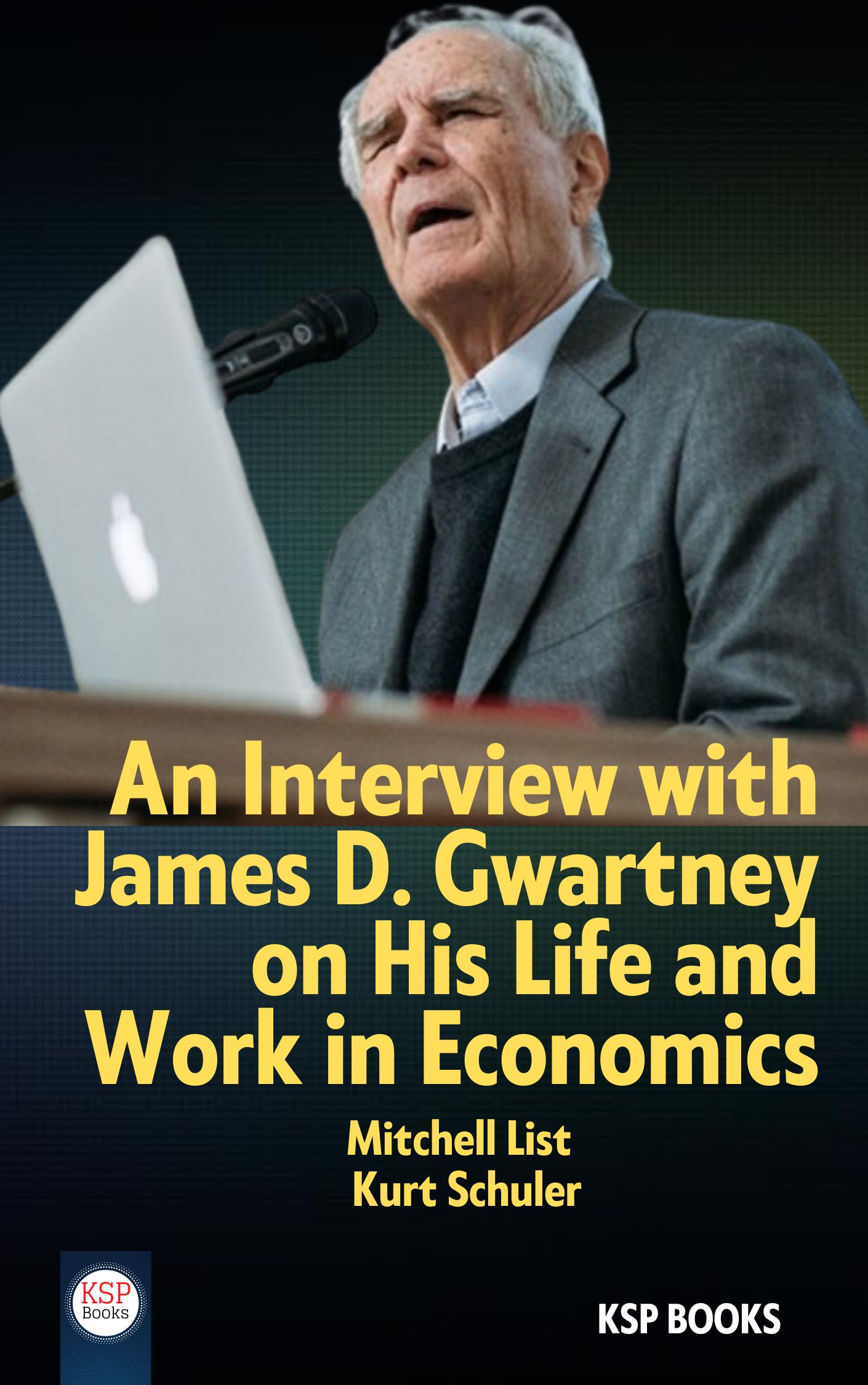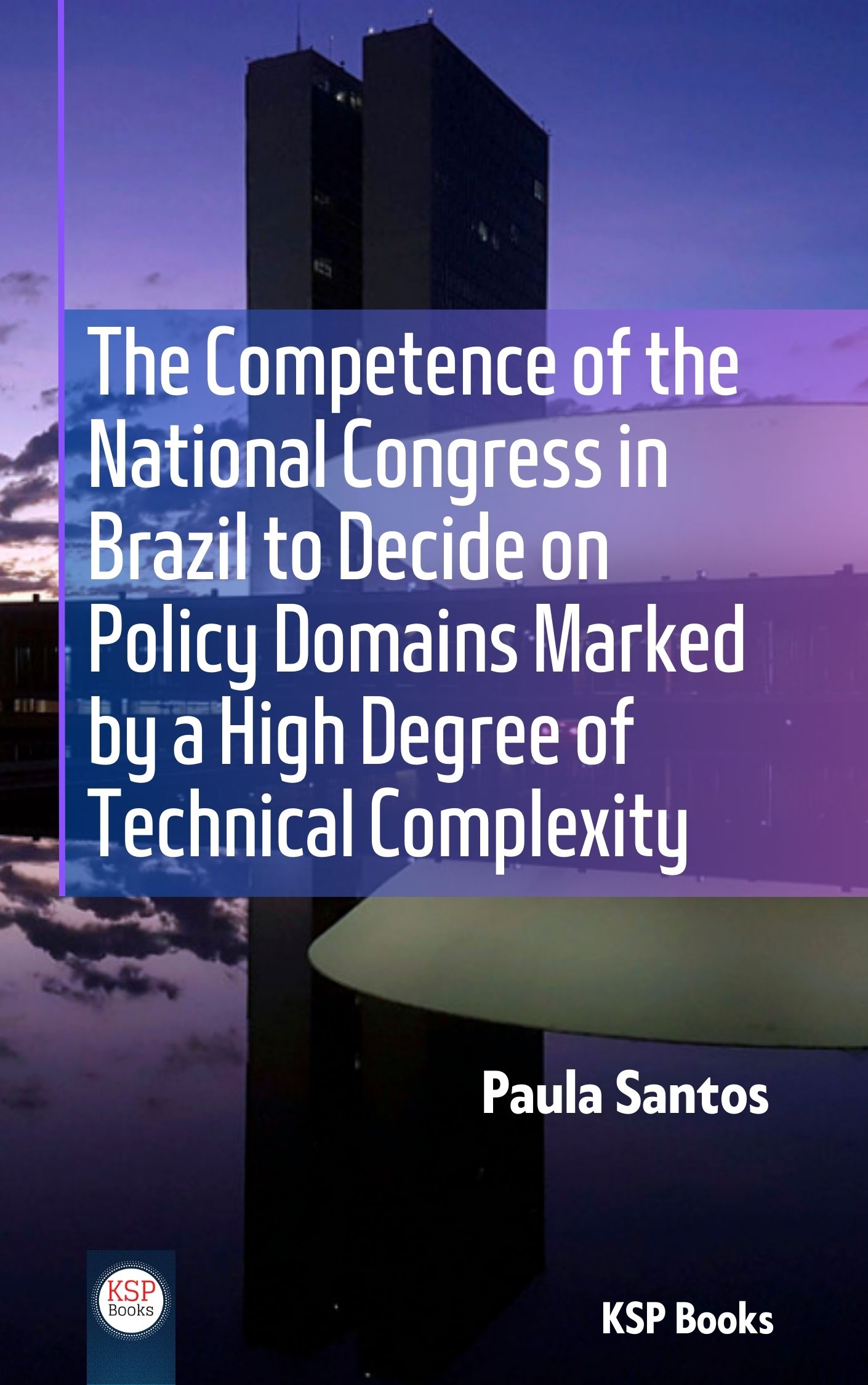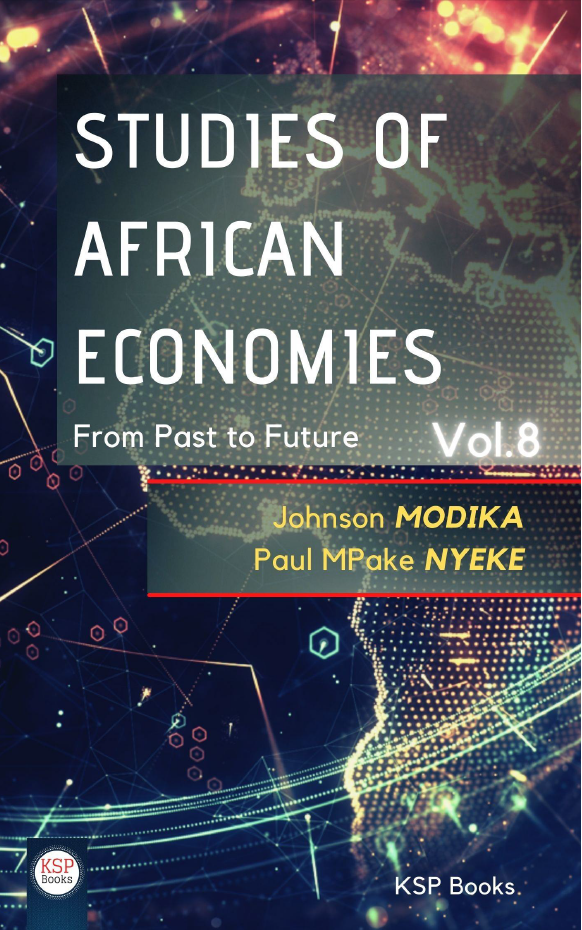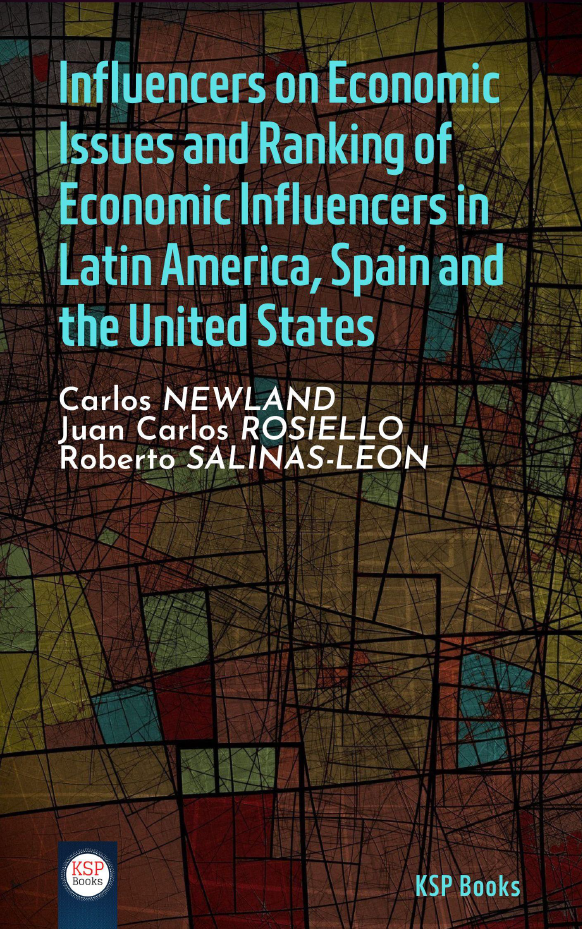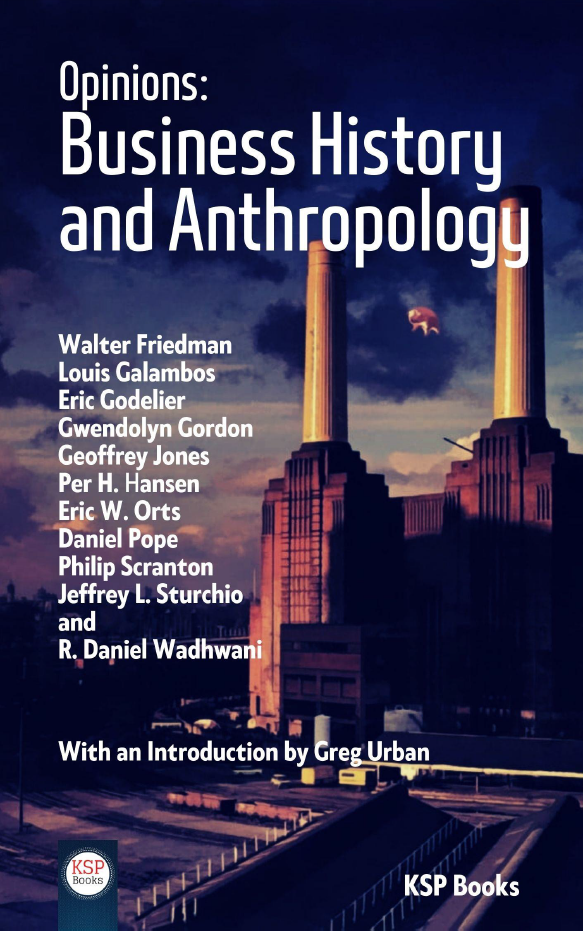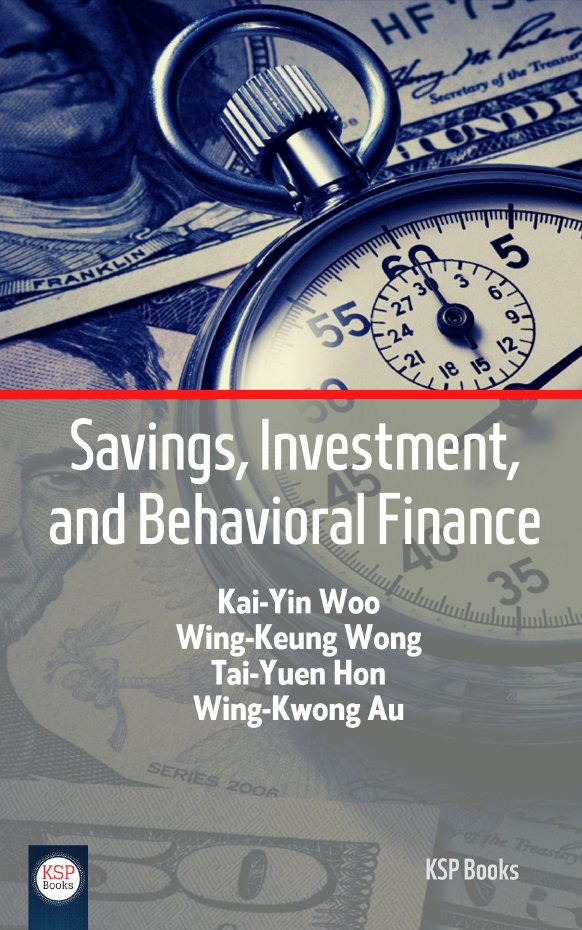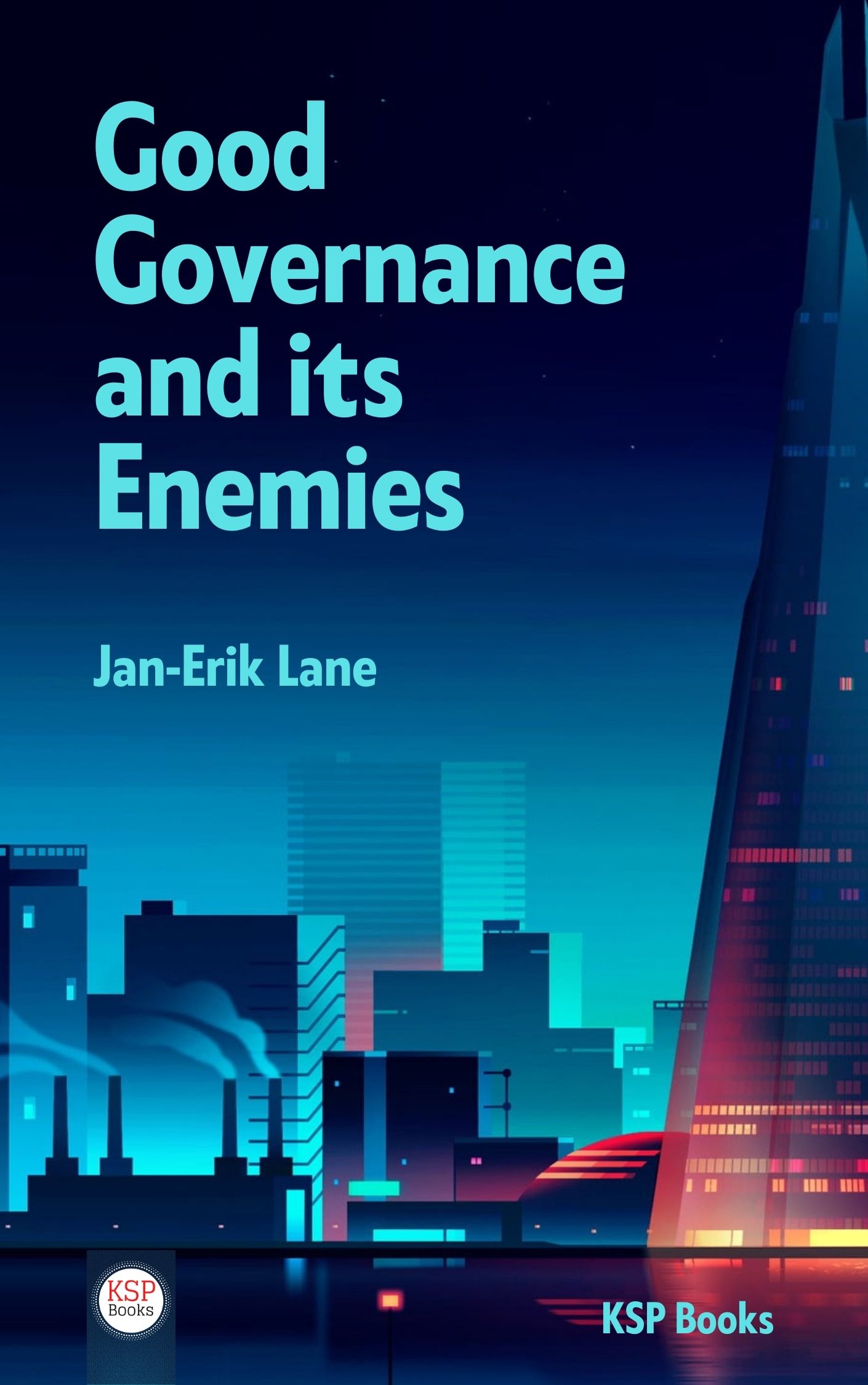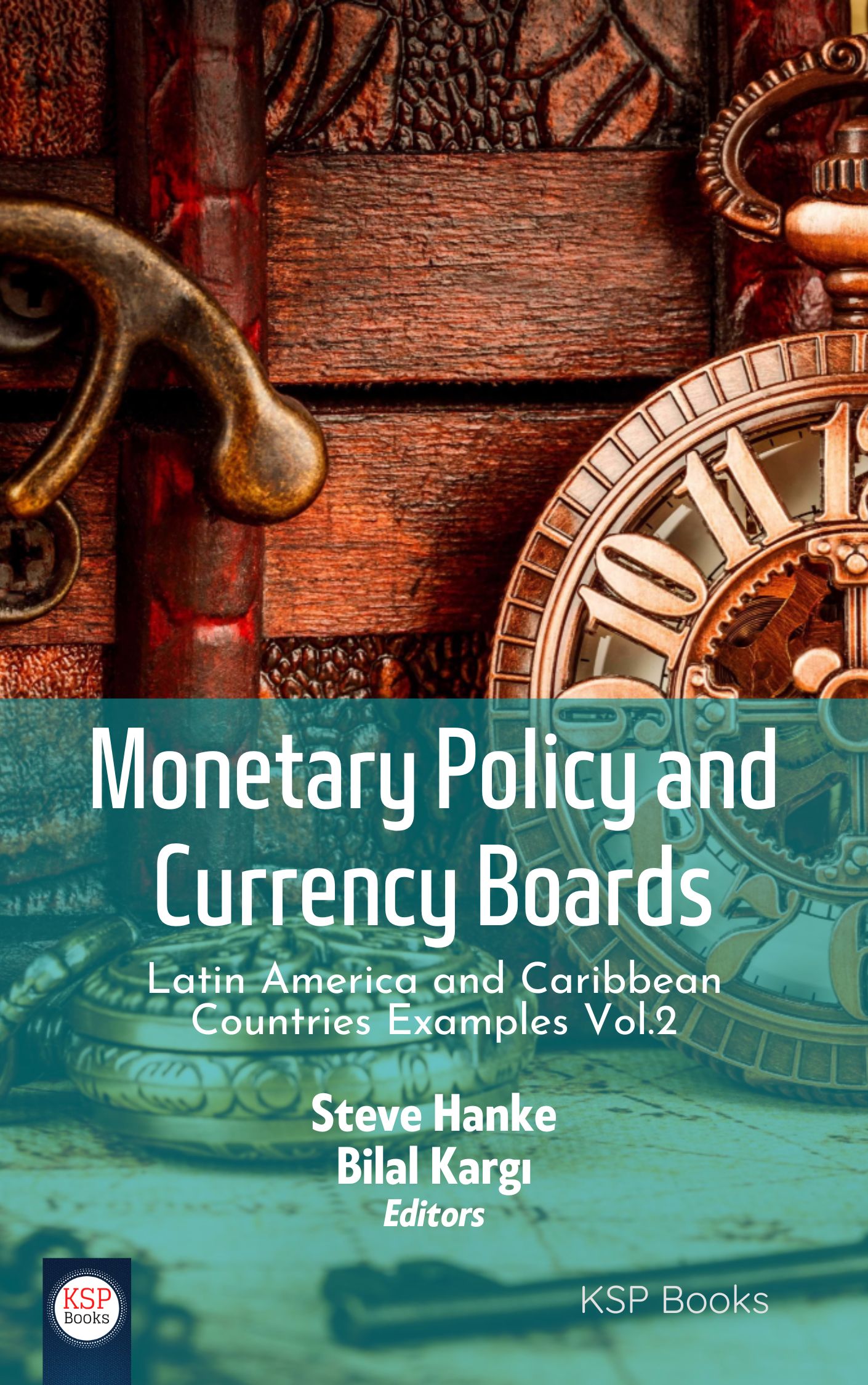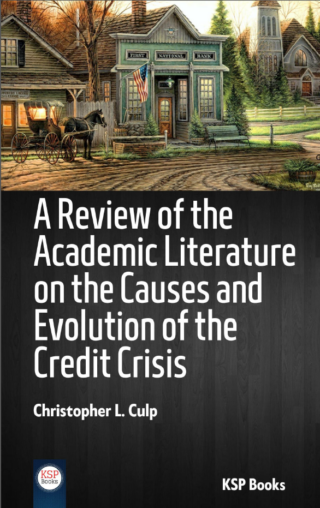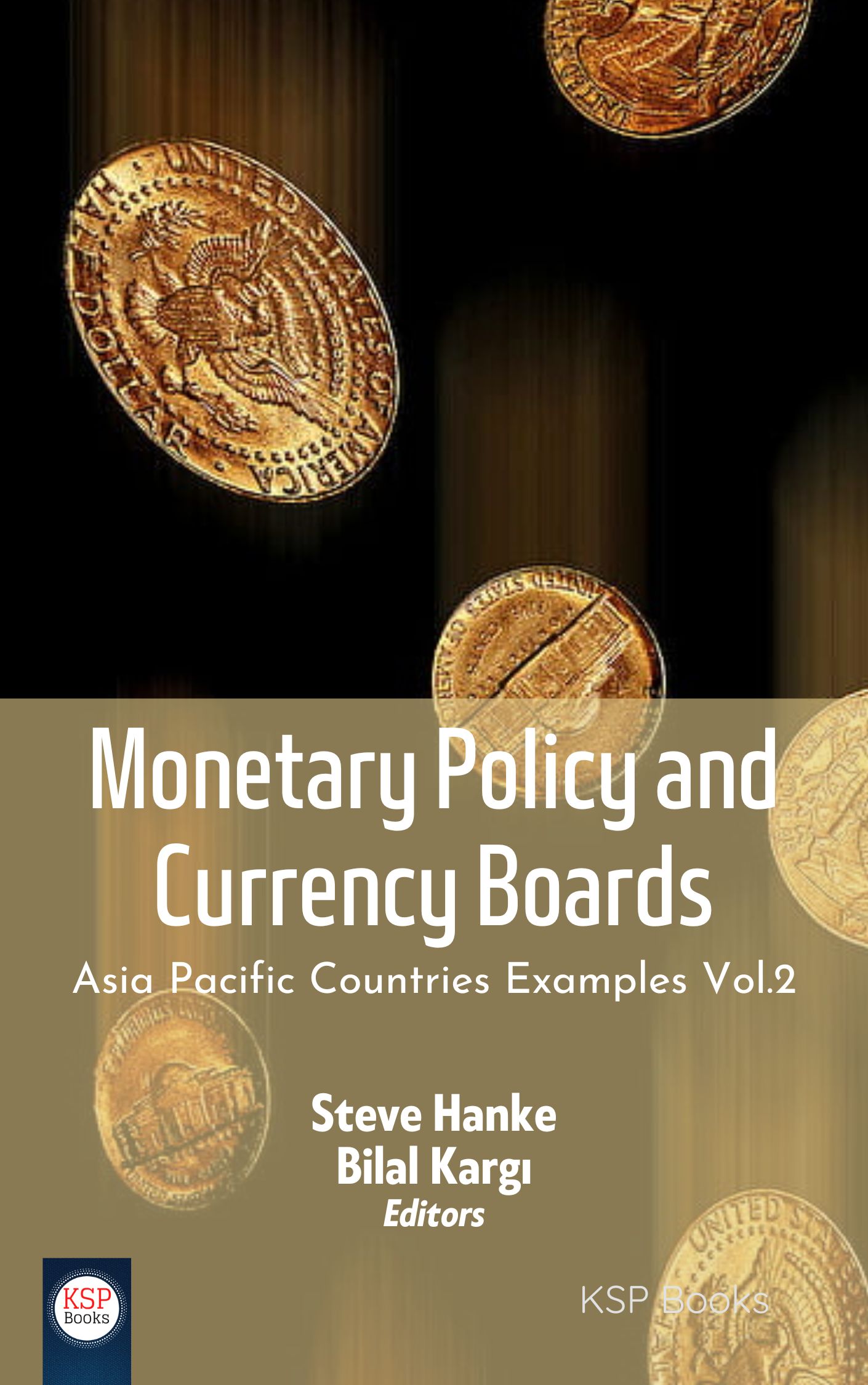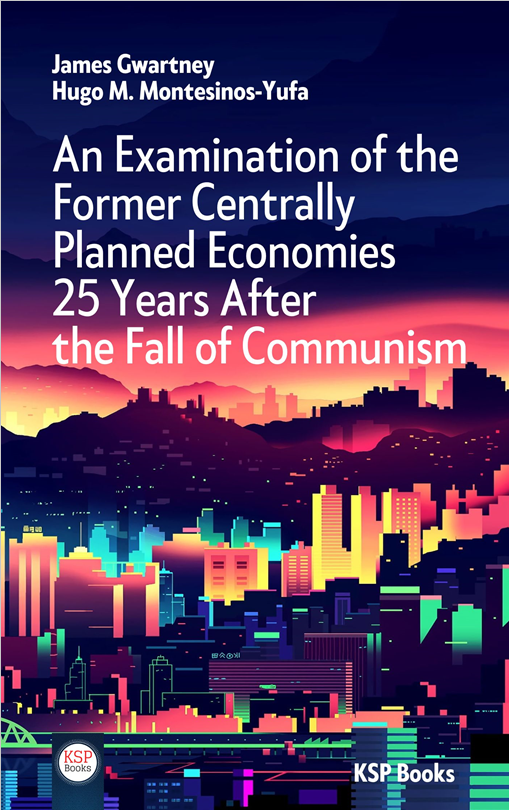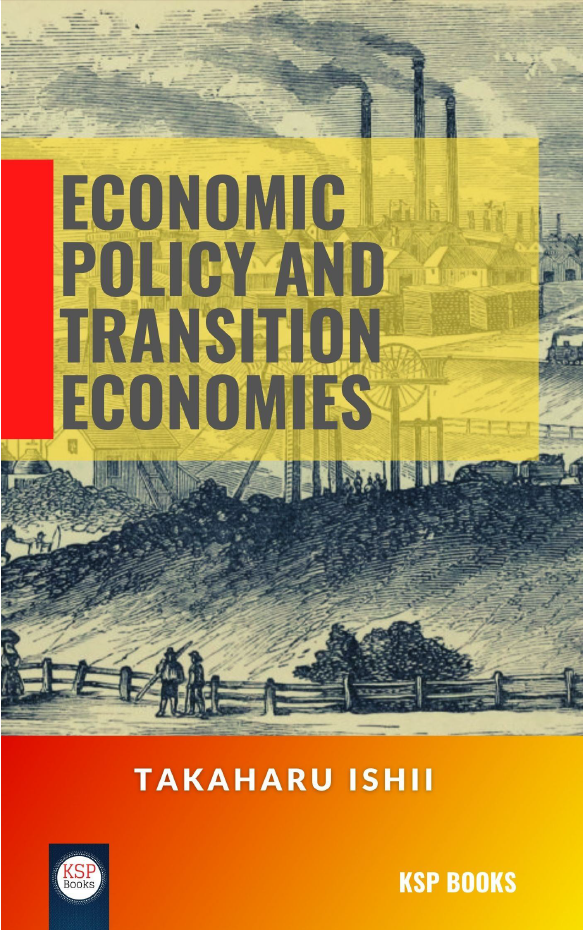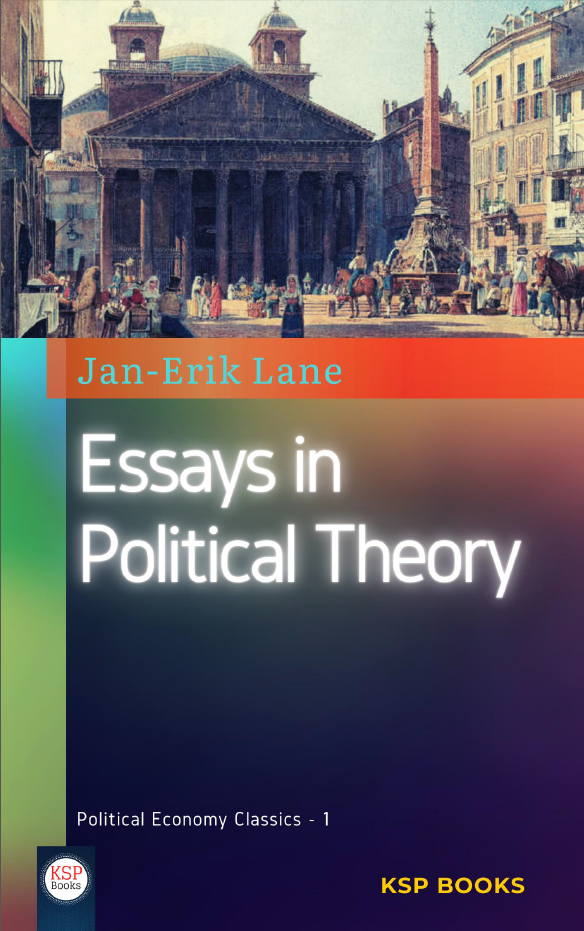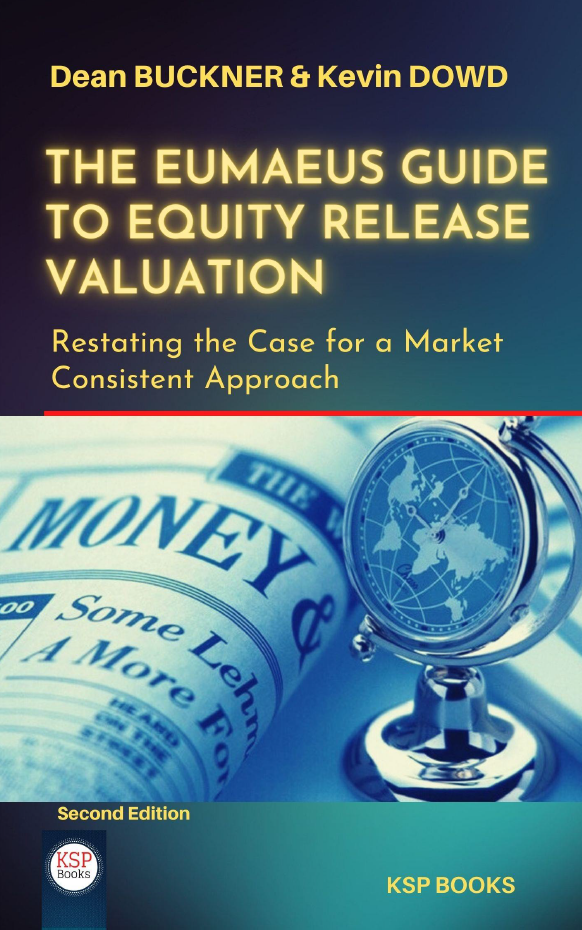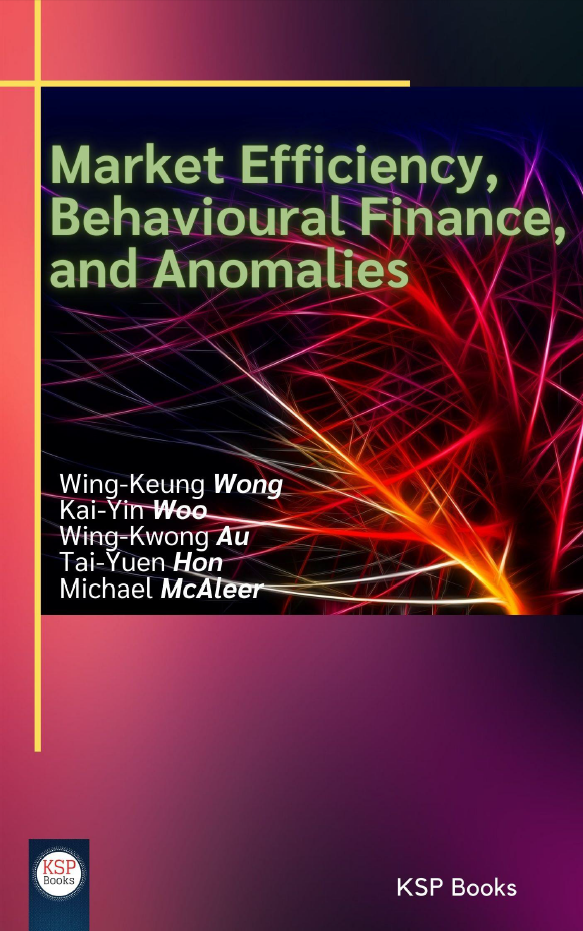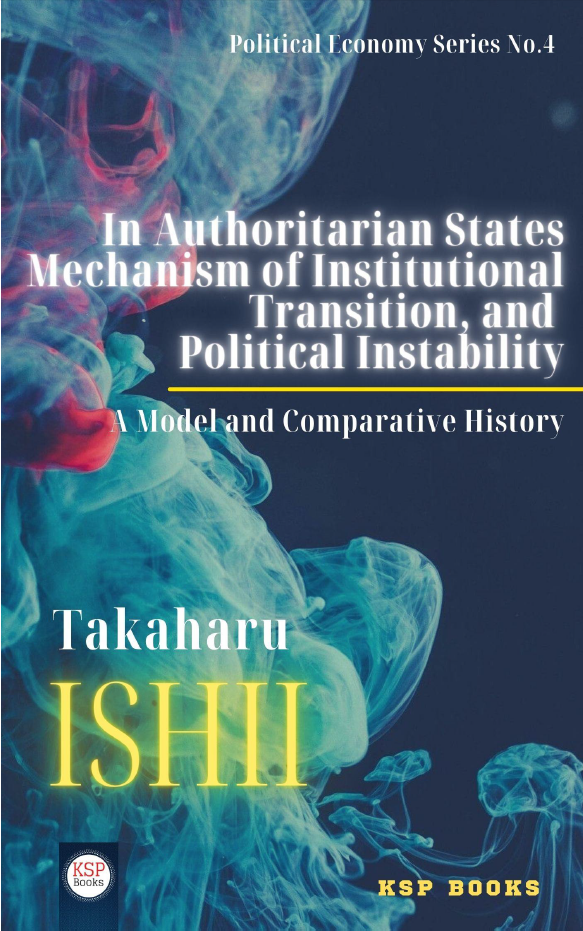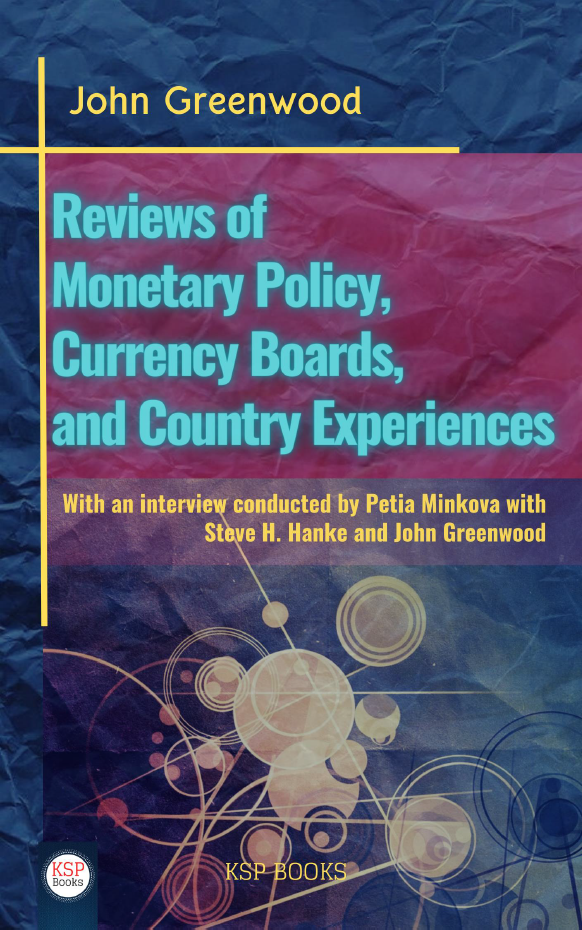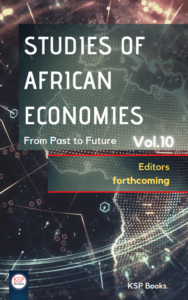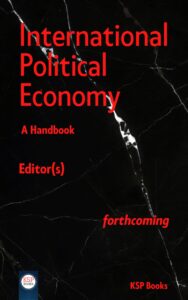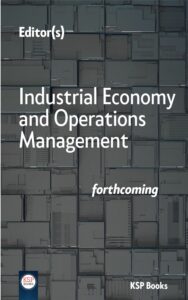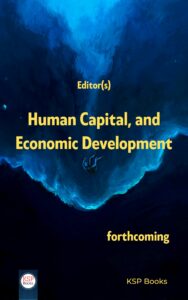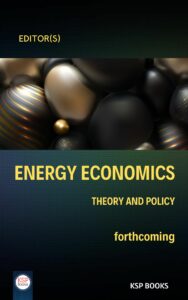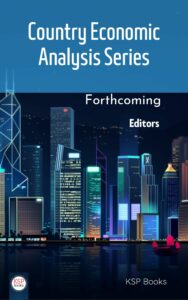By
Christopher L. Culp
The Johns Hopkins University, USA
Steve H. Hanke
The Johns Hopkins University, USA
e-ISBN: 978-625-7501-17-0
Publishing Date: June 29, 2022
File Size: 2,582 MB
Length: xxvii + 63 pages (PDF)
Language: English
Dimensions: 13,5 x 21,5 cm
 This Book is completely open access. You can freely read, download and share with everyone.
This Book is completely open access. You can freely read, download and share with everyone. 
During the 1992-93 period, Prof. Culp and I wrote “The Hong Kong Linked Rate Mechanism: Monetary Lessons for Economic Development.” We did this, in part, at the suggestion of the late Sir Alan Walters – who was our colleague and collaborator at Johns Hopkins. While serving as Prime Minister Margaret Thatcher’s personal economic adviser, Sir Alan played a key role in the reintroduction of Hong Kong’s currency board, in 1983. We were also encouraged by the architect of Hong Kong’s currency board, John Greenwood.
Just why did John and Sir Alan encourage us? Well, at the time, I was engaged in designing currency board systems for countries in Latin America and the former Soviet Union. During the advocacy phase of my activities, many people inquired about the workings of Hong Kong’s currency board. Since there was no comprehensive piece of research on this subject available at the time, my then-student Prof. Culp and I decided to write our own paper. Alas, we were too busy with other activities to attend to its publication.
In the years since Prof. Culp and I wrote “The Hong Kong Linked Rate Mechanism: Monetary Lessons for Economic Development,” the unpublished paper has sustained a certain degree of interest. In consequence, we have decided to publish the original 1993 paper, without amendments.
Since Hong Kong’s currency board has evolved from what it was in 1993, we have invited John Greenwood, who currently serves on the Hong Kong Monetary Authority’s Currency Board Advisory Committee, to present a brief account of the major changes that have occurred in the HKMA’s structure since we wrote our 1993 paper.
Taken together, as they should be, the Culp-Hanke and Greenwood papers provide the reader with a clearer understanding of how Hong Kong’s currency board works and how it has evolved.
Preface
By John Greenwood
Comments on June 1993 Version of The Hong Kong Linked Rate Mechanism: Monetary Lessons for Economic Development Update of Hong Kong’s Currency Board Arrangements
since 1993
Introduction
1. The Hong Kong Linked Rate Mechanism: History and Analysis
The pre-1974 colonial currency board regime
The floating era and Black Saturday: 1974-1983
Cash and interest rate arbitrage: 1983-1988
A drift towards discretion: July 1988-present
2. Price Level Control, Financial Crises, and Criticisms of Currency Boards
Currency boards may not always lead to price level convergence
A foreign currency as a reserve asset is too volatile and is inferior to a commodity standard
Currency Boards are just pegged exchange rate regimes in disguise
The Currency Board system prevents fiscal flexibility
The currency board system is inconsistent with a lender of last resort
3. The Political Calculus and a Monetary Constitution
4. Concluding Observations
Exhibit
References
Christopher L. Culp
The Johns Hopkins University, USA
The late Christopher Culp was a Fellow at the Johns Hopkins Institute for Applied Economics, Global Health, and the Study of Business Enterprise, Senior Advisor with Compass Lexecon, Adjunct Professor at the Swiss Finance Institute, and Adjunct Professor at Universität Bern in the Institut für Finanzmanagement. From 1998 through 2013, Dr. Culp was an adjunct faculty member at The University of Chicago’s Booth School of Business. Culp was the author of four books – Structured Finance & Insurance (Wiley, 2006), Risk Transfer: Derivatives in Theory & Practice (Wiley, 2004), The ART of Risk Management (Wiley, 2002), and The Risk Management Process (Wiley, 2001) – and the co-editor of two books – Corporate Aftershock: The Public Policy Consequences of the Failure of Enron and Other Major Corporations (Wiley, 2003; co-edited with William Niskanen), and Corporate Hedging in Theory & Practice (Risk Books, 1999; co-edited with Merton Miller). He held a Ph.D. from The University of Chicago’s Booth School of Business and a B.A. in economics (Phi Beta Kappa, general honors, and departmental honors) from The Johns Hopkins University, where he was one of Steve Hanke’s students.
Steve H. Hanke
The Johns Hopkins University, USA
Steve H. Hanke is a Professor of Applied Economics and Founder & Co-Director of the Institute for Applied Economics, Global Health, and the Study of Business Enterprise at the Johns Hopkins University in Baltimore.
In the past, Prof. Hanke taught economics at the Colorado School of Mines and at the University of California, Berkeley. He served as a Member of the Governor’s Council of Economic Advisers in Maryland in 1976-77, as a Senior Economist on President Reagan’s Council of Economic Advisers in 1981-82, and as a Senior Advisor to the Joint Economic Committee of the U.S. Congress in 1984-88. Prof. Hanke served as a State Counselor to both the Republic of Lithuania in 1994-96 and the Republic of Montenegro in 1999-2003. He was also an Advisor to the Presidents of Bulgaria in 1997-2002, Venezuela in 1995-96, and Indonesia in 1998. He played an important role in establishing new currency regimes in Argentina, Estonia, Bulgaria, Bosnia-Herzegovina, Ecuador, Lithuania, and Montenegro.
Prof. Hanke has been awarded seven honorary doctorate degrees and is an Honorary Professor at four foreign institutions. In 1998, he was named one of the twenty-five most influential people in the world by World Trade Magazine. In 2020, Prof. Hanke was named a Knight of the Order of the Flag.
Prof. Hanke is a well-known currency and commodity trader. Currently, he serves as Chairman of the Supervisory Board of Advanced Metallurgical Group N.V. in Amsterdam and Chairman Emeritus of the Friedberg Mercantile Group, Inc. in Toronto. During the 1990s, he served as President of Toronto Trust Argentina in Buenos Aires, the world’s best-performing emerging market mutual fund in 1995.
Related EconPedia Items


